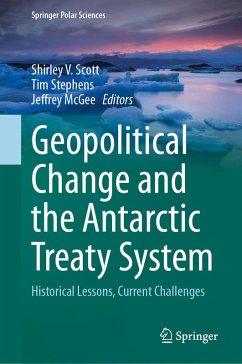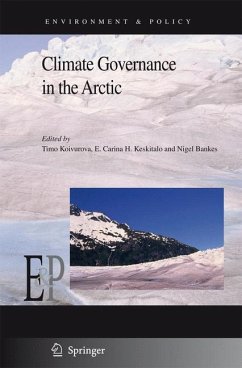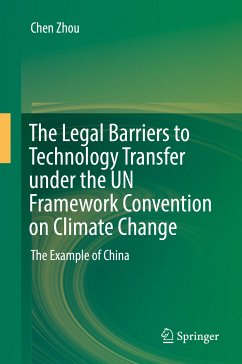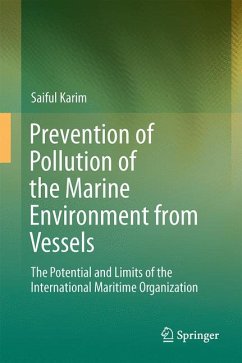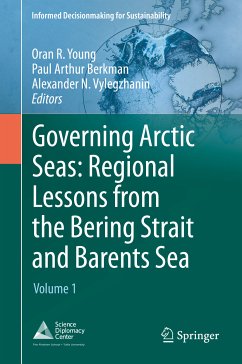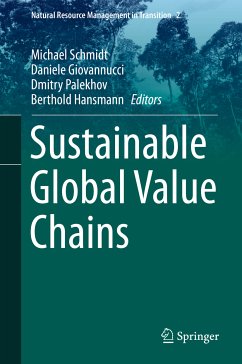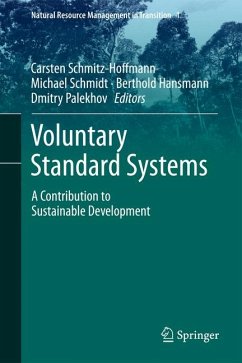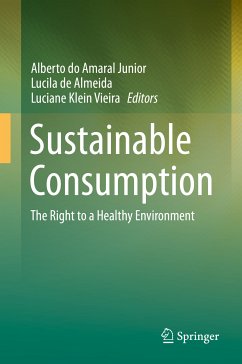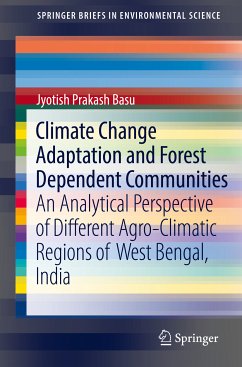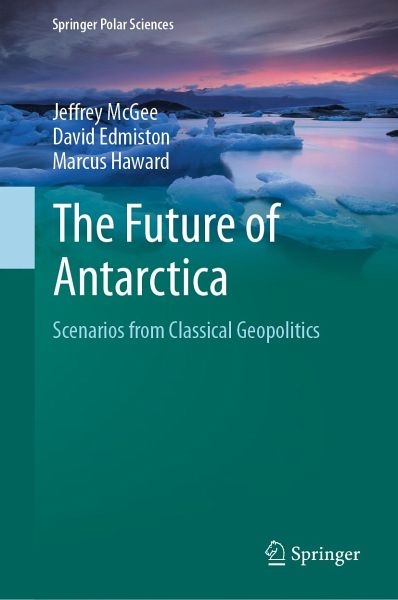
The Future of Antarctica (eBook, PDF)
Scenarios from Classical Geopolitics
Versandkostenfrei!
Sofort per Download lieferbar
96,95 €
inkl. MwSt.
Weitere Ausgaben:

PAYBACK Punkte
48 °P sammeln!
As global great power competition intensifies, there is growing concern about the geopolitical future of Antarctica. This book delves into the question of how can we anticipate, prepare for, and potentially even shape that future? Now in its 60th year, the Antarctic Treaty System has been comparatively resilient and successful in governing the Antarctic region. This book assesses how our ability to make accurate predictions about the future of the Antarctic Treaty System reduces rapidly in the face of political and biophysical complexity, uncertainty, and the passage of time. This poses a crit...
As global great power competition intensifies, there is growing concern about the geopolitical future of Antarctica. This book delves into the question of how can we anticipate, prepare for, and potentially even shape that future? Now in its 60th year, the Antarctic Treaty System has been comparatively resilient and successful in governing the Antarctic region. This book assesses how our ability to make accurate predictions about the future of the Antarctic Treaty System reduces rapidly in the face of political and biophysical complexity, uncertainty, and the passage of time. This poses a critical risk for organisations making long-range decisions about their policy, strategy, and investments in the frozen south.
Scenarios are useful planning tools for considering futures beyond the limits of standard prediction. This book explores how a multi-disciplinary focus of classical geopolitics might be applied systematically to create scenarios on Antarctic futures that are plausible, rigorous, and robust. This book illustrates a pragmatic, nine-step scenario development process, using the topical issue of military activities in Antarctica. Along the way, the authors make suggestions to augment current theory and practice of geopolitical scenario planning. In doing so, this book seeks to rediscover the importance of a classical (primarily state-centric) lens on Antarctic geopolitics, which in recent decades has been overshadowed by more critical perspectives.
This book is written for anyone with an interest in the rigorous assessment of geopolitical futures - in Antarctica and beyond.
Scenarios are useful planning tools for considering futures beyond the limits of standard prediction. This book explores how a multi-disciplinary focus of classical geopolitics might be applied systematically to create scenarios on Antarctic futures that are plausible, rigorous, and robust. This book illustrates a pragmatic, nine-step scenario development process, using the topical issue of military activities in Antarctica. Along the way, the authors make suggestions to augment current theory and practice of geopolitical scenario planning. In doing so, this book seeks to rediscover the importance of a classical (primarily state-centric) lens on Antarctic geopolitics, which in recent decades has been overshadowed by more critical perspectives.
This book is written for anyone with an interest in the rigorous assessment of geopolitical futures - in Antarctica and beyond.
Dieser Download kann aus rechtlichen Gründen nur mit Rechnungsadresse in A, B, BG, CY, CZ, D, DK, EW, E, FIN, F, GR, HR, H, IRL, I, LT, L, LR, M, NL, PL, P, R, S, SLO, SK ausgeliefert werden.



